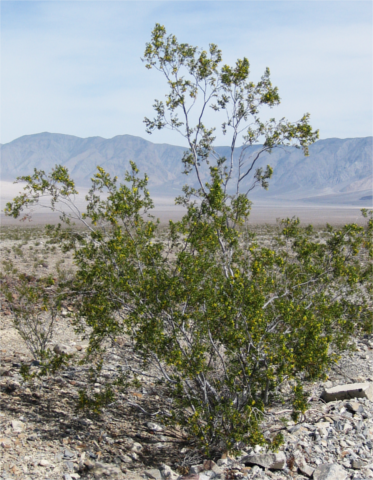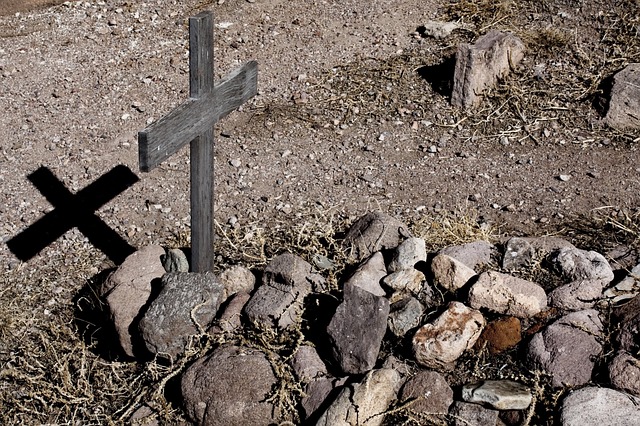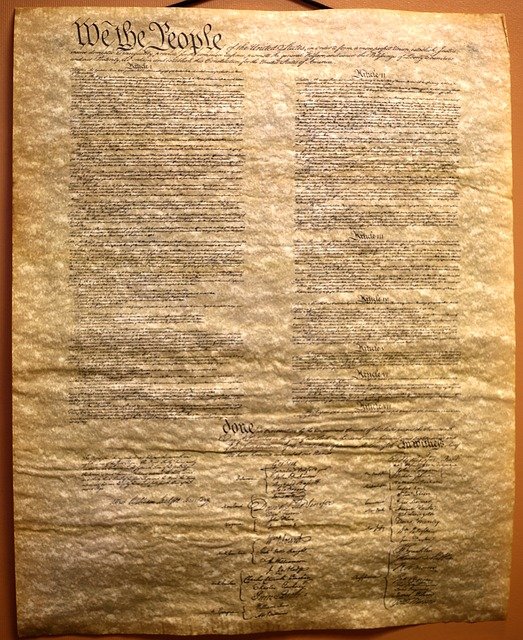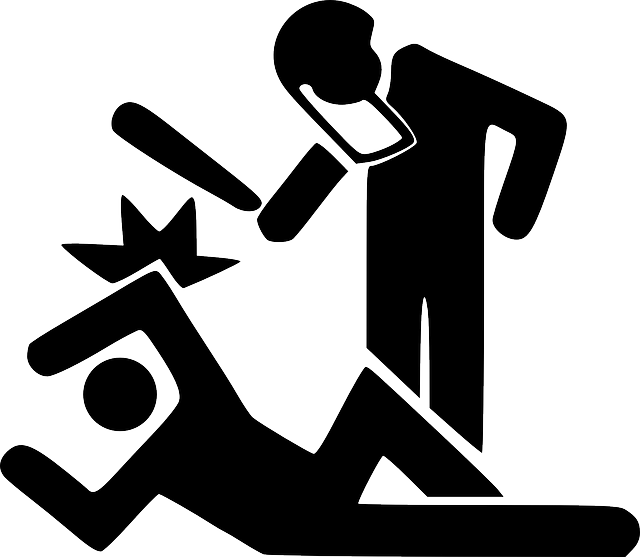My Story: Liberal, Academic Environmentalist --> Voluntaryist, Part II

Part 2: Illegally Detained for Walking and Reading a Book on Public Land
(This post is a continuation of my prior post)
Part II of my story begins with me walking in the middle of nowhere, on public land, reading a book. I was returning from my walk and was about 200 yards from a highway. I heard a car go over the cattle guard, so I moved off the road into the ditch to avoid being run over.
I heard the car approach very slowly, so I looked up and saw that it was a cop car. I knew at that point that I would be harassed. The car passed me, went about 30 yards, and made a u-turn. He pulled beside me as I continued to walk:
[cop] What are you doing?
[me] Walking... and reading a book. Do you think it is illegal to walk here?
[cop] no
[me] (I continued walking for about 5-10 seconds...)
[cop] Step in front of the car.
[me] (I closed my book and stood in front of the car while the cop was on the radio)
[cop] What are you doing here?
[me] I'm walking and reading a book. I'm spending more time walking and I thought I could make better use of my time by reading too.
[cop] Let me see your ID.
[me] What is the legal basis for detaining me?
[cop] (no answer)
[me] I'm walking on public land and reading a book. That is not illegal. Why am I being detained?
[cop] (silent for about 20 seconds, then) People don't usually walk here.
[me] That could be, but "being different" is not a crime.
[cop] Let me see the ID.
[me] You don't have any legal basis for detaining me, so why would you need the ID?
[cop] (about 10 seconds of silence followed by) Dispatch wants the IDs [meaning the dispatcher on the radio wants the ID information].
[me] Dispatch wanting something doesn't create a legal obligation for me, and reading a book isn't a crime. What is the basis for demanding my ID?
[cop] We like to check IDs.
[me] You can inform dispatch that nobody is breaking any laws, so you don't need to check any IDs. Go ahead. I'll wait.
At this point the cop is standing behind the open car door with is hand on his gun. I was in front of the car. I noticed that the overhead lights were not on, which means he did not want the cameras rolling (I know about the lights from talking with another cop in the same county). At this point, the location becomes important.

There were two small stores about 600 yards away, one squatter who lived in a pile of junk about 250 yards away, and a small RV park (maybe 10 people there) about 600 yards away. There was a closed entrance (unused and chained shut) to military base about 1.6 miles away. There were no visible structures, but if you could see over the slight hill, you might see an abandoned guard shack 1.6 miles away. Beyond that point it was a national security site. The next abandoned building on the military base would have been an 11 mile round trip walk. It was undisputed in the court documents that there were no other people and no private property on that road (i.e., no possibility for hurting somebody, bothering somebody, or stealing anything).

picture from pixabay
At this point, I thought I was about to be shot in the middle of the desert with an obituary containing a trumped up story (based on my prior experiences with cops putting lies on paper) about some crime that I was committing. So I showed my ID and was eventually released.
I knew the law (but not how arbitrarily it is enforced) so I filed a civil rights lawsuit in federal court. After many motions back and forth, the judge invented his own story in his conclusion (as in literally inventing a story that was not even suggested anywhere in the case). He said I could have turned around and ran the 1.6 miles to the closed, chained gate of the military base, so the cop was justified in detaining me. The judge did not even speculate as to what crime I might have done, armed with a water bottle and a book.

It was clear that the the Fourth Amendment to the US Constitution (and related state laws that were more specific) was not taken seriously. Picture from pixabay
I also saw in my legal research that people were being abused, and the legal system was not effective at stopping or deterring such things. In the unusual case where you win a lawsuit against the government, the government pays, not the individuals. It would be exceedingly unusual for the government to hold the cop criminally responsible for his or her actions.

One example that I discovered in my local area was a guy being detained and said he had a bad back, so the cop threw him on the ground and pounced on him with both knees in the middle of the back. The victim filed a case pro se, and the judge dismissed it for not following the prescribed format for the complaint.
Another example was a girl who had a conflict with the girlfriend of a cop, then the cop beat her to a pulp and arrested her, then the charges where dropped while she was in the ambulance (it is about 70 miles to the hospital), so the ambulance driver released her in the middle of the desert in an orange jump suit and locked handcuffs and drove off (the ambulance was not authorized to hold her after they received the radio call to release her).
Before this event, I was becoming a Libertarian, but I did not accept the standard story of natural rights (more on that later). I did think that government offered a reasonable system for people to address grievances (with other people or with the state). After the legal case ended, my experiences, the experiences of others dealing with the legal system, and my review of law (which showed the nearly unlimited power of the state), I started thinking that the people who run the state apparatus do not follow the alleged guiding principles upon which my country was founded. On top of that, I never believed that voting conferred legitimacy to those who want to take your money or regulate your behavior.
About This Blog and This Post
There is more content coming, so follow me! https://steemit.com/@cnacws.
thx